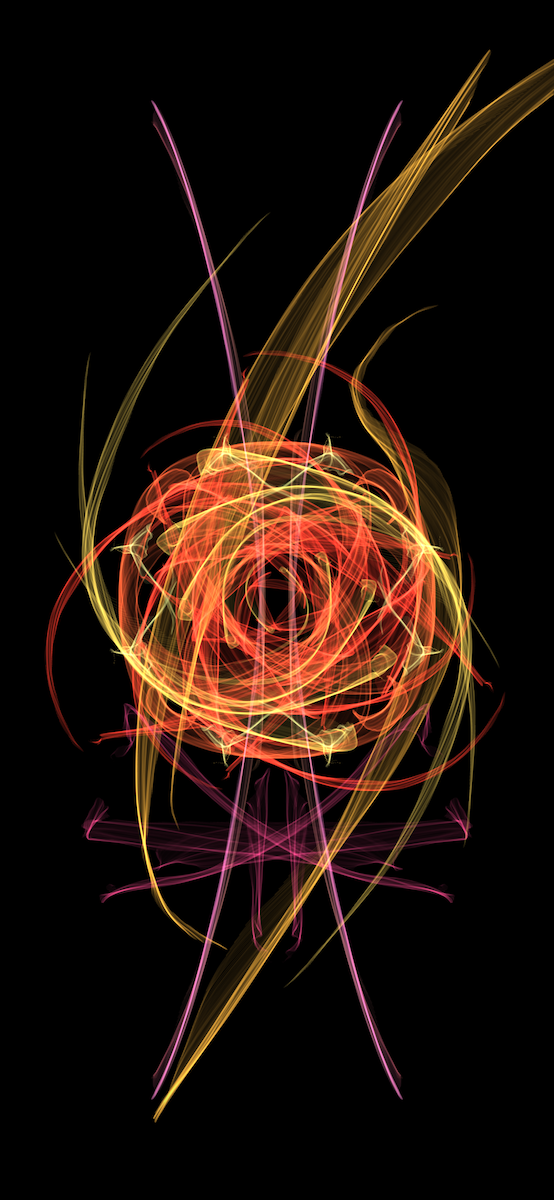Reflections on "Tradition and the Individual Talent"
The essay, "Tradition and the Individual Talent," was commended to me by a poet friend of mine and concerns poetry (and since it was written by TS Eliot, I guess that makes sense). However, I think there are principles in essays and books on any type of written art that are applicable across the board - take Lajos Egri's The Art of Dramatic Writing, for example, which was arguably the most transformative book for my writing to date - and so I was eager to read and glean from it.
Eliot posits that the best poet does not strive to convey the emotion of a single experience. Rather, the poet has a mind trained to store up experiences, and therefore synthesizes experiences into a new whole when the time and medium (if you will) is ripe. In this way, the poet may be able to write about or involve an emotion or experience she has never actually had.
How does a poet/writer acquire "a mind trained to store up experiences," then? She must understand that humanity's collective ability to do art never improves, but changes according to humanity's current way of thinking about the past. Thus, the present and the past interact with one another, and the poet's mind must be eminently sensitive to this interplay if she wants her work to last. This sensitivity will yield the perspective that each new piece of art as has a shifting, perhaps even transformative effect on the linear progression of past art.
In sum, Eliot sees poetry as a living, breathing whole, and a thing separate from the poet, in the end - a termination of personality, as he puts it. It is with this statement that I primarily disagree. While I am intrigued with the idea of the artistic past and present shaping and changing each other, and even agree that lasting written works transcend the realm of emotion as experienced by the writer only, I'm not sure it's beneficial or even possible to divorce personality from the pen.
Certainly, poetry is a different beast than the novel, and maybe therein lies my confusion. I can say concerning storytelling, however, that a book separated from personality is just one thing: dead.

